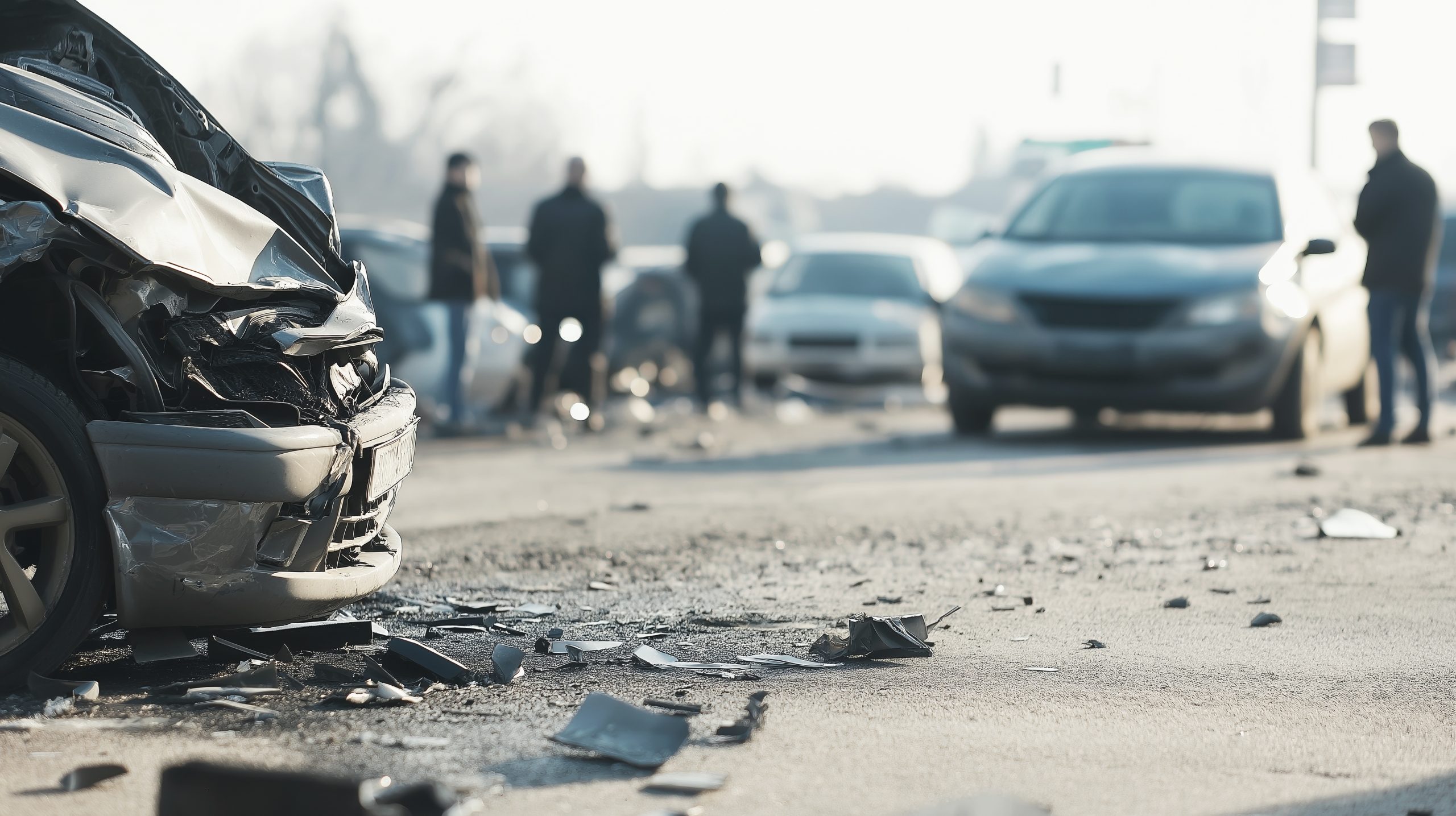Understanding the personal injury protection insurance definition is crucial for RV enthusiasts planning their next adventure. Personal injury protection (PIP) insurance — also called no-fault insurance — serves as a vital component of RV insurance designed to cover medical expenses, lost wages, and other costs if you or your passengers sustain injuries in an accident. PIP coverage pays eligible expenses up to your policy limits regardless of who caused the accident. While many RV insurance companies offer this coverage, requirements vary by state — mandatory in some regions while optional in others.
Beyond accidents involving your recreational vehicle, PIP coverage extends protection if you or covered family members suffer injuries in someone else’s vehicle, while cycling, or even walking along a roadside during your travels.
What Does PIP Cover for RV Owners?
PIP insurance provides comprehensive coverage for various medical expenses and related services following an eligible accident. For RV owners, this protection can be especially valuable during extended road trips far from home. Coverage typically includes:
- Medical copayments and deductibles
- Prescription medications
- Diagnostic procedures (X-rays, MRIs, etc.)
- Emergency transportation and hospital fees
- Specialized medical care (dental, vision)
- Rehabilitation services
- Medical equipment and prosthetics
- Essential service replacement (childcare, grocery delivery, campground assistance)
- Funeral expenses when applicable
- Disability compensation and lost income
- Death benefits for dependents
Always review your policy documentation carefully, as coverage details may vary between RV insurance companies. In many states, a PIP deductible must be satisfied before coverage activates. Most RV insurance companies allow you to select your PIP deductible amount, balancing premium costs against out-of-pocket expenses following an accident.
What PIP Doesn’t Cover for RV Owners
PIP insurance specifically addresses injury-related expenses for you and your passengers. It does not cover:
- Physical damage to your recreational vehicle
- Theft of your RV or belongings
- Another traveler’s vehicle or property damage
- Injuries sustained by occupants of other vehicles
Most states require RV owners to maintain minimum bodily injury and property damage liability insurance alongside PIP coverage. These liability protections pay for others’ injuries or damages when you’re at fault in an accident involving your recreational vehicle.
Leading RV insurance companies typically offer additional optional coverages including comprehensive, collision, and uninsured/underinsured motorist protection for complete peace of mind during your travels.
How PIP Insurance Works for RV Enthusiasts
PIP coverage earns its “no-fault” designation because it protects you regardless of who caused your injuries. If you’re involved in an accident while operating your recreational vehicle and require medical attention, miss work, or need assistance with daily tasks during recovery, PIP insurance helps cover these expenses.
To activate coverage, contact your insurer promptly following an accident. If you’re already filing a claim against your policy for vehicle damage, your insurance representative may automatically initiate the PIP claim process. Depending on your state’s regulations, eligible medical expenses might initially be addressed by the at-fault driver’s liability coverage before your PIP benefits activate.
Understanding your PIP deductible is essential when budgeting for potential accidents. This amount represents what you’ll pay out-of-pocket before insurance benefits begin. RV insurance companies offer various PIP deductible options, typically ranging from $250 to $2,000, allowing you to customize coverage based on your financial situation.
PIP vs. Liability Coverage for RV Owners
Nearly all states mandate some form of liability insurance for recreational vehicles. This coverage pays for another party’s property damage and bodily injuries when you’re determined responsible for an accident. Importantly, liability insurance does not cover your expenses, regardless of fault. PIP insurance specifically addresses your medical bills and related costs.
Your state may require both liability and PIP insurance for your recreational vehicle, ensuring comprehensive protection regardless of accident circumstances or fault determination.
PIP vs. MedPay for RV Insurance
Medical payments coverage (MedPay) and PIP both help with the policyholder’s medical expenses following an accident, activating regardless of fault. However, several key differences exist:
- State Requirements: MedPay is mandatory in only two states (Maine and New Hampshire), while PIP is required in 15 states.
- Coverage Scope: MedPay typically covers only medical expenses and sometimes funeral costs. PIP offers broader protection including medical expenses, lost wages, and essential services assistance.
- Death Benefits: PIP may provide a death benefit for your family if you’re fatally injured in an RV accident.
- Deductibles: MedPay generally doesn’t require a deductible, while PIP policies often include a PIP deductible that must be met before benefits begin.
Depending on your RV insurance company and location, you’ll likely choose either PIP or MedPay rather than purchasing both coverages, as they serve similar purposes with different benefit structures.
Where PIP Insurance is Required for RV Owners
PIP coverage is mandatory in no-fault states and some at-fault states, potentially available as optional protection elsewhere. When researching RV insurance companies, confirm whether PIP is required in states you’ll frequently travel through.
States Where PIP Insurance is Required:
- Delaware: $15,000 per person/$30,000 per accident
- Florida: $10,000
- Hawaii: $10,000 per person
- Kansas: Various benefits including $4,500 for medical expenses
- Massachusetts: $8,000
- Michigan: $50,000 (with opt-out for qualified health insurance plans)
- Minnesota: $40,000
- New Jersey: $15,000
- New York: $50,000
- North Dakota: $30,000
- Oregon: $15,000
Selecting the Right PIP Coverage for Your RV Adventures
When evaluating PIP options from different RV insurance companies, consider:
- Travel Patterns: If you frequently visit no-fault states in your RV, robust PIP coverage becomes increasingly important.
- Health Insurance Status: Your existing health insurance may provide some accident coverage, but PIP offers additional benefits like lost wage replacement.
- PIP Deductible Options: A higher PIP deductible typically reduces premiums but increases out-of-pocket costs following an accident.
- Coverage Limits: Select appropriate benefit limits based on your potential income loss and healthcare needs.
Protecting Your RV Lifestyle with Proper Insurance
The personal injury insurance definition provides essential financial security for RV enthusiasts, covering medical expenses and related costs regardless of accident fault. While navigating different state requirements can seem challenging, reputable RV insurance companies offer guidance tailored to your specific travel plans and needs.
At Happy Camper, we specialize in helping RV owners understand personal injury protection insurance definitions and requirements to ensure proper coverage. Our experts can explain how PIP deductible options affect your premium costs and post-accident expenses, allowing you to make informed decisions about your protection.
Contact Happy Camper today to learn how our comprehensive RV insurance policies, including personal injury protection coverage, can safeguard your adventures. Our team will help you compare options from leading RV insurance companies to find the perfect combination of PIP coverage, deductible amounts, and additional protections for your recreational lifestyle. Don’t let insurance uncertainty delay your next journey—secure the right coverage and hit the road with confidence!


